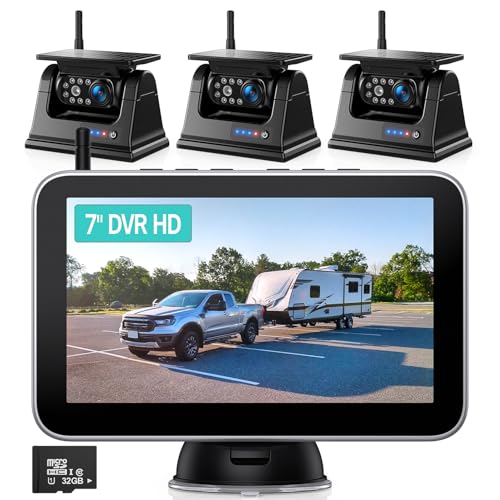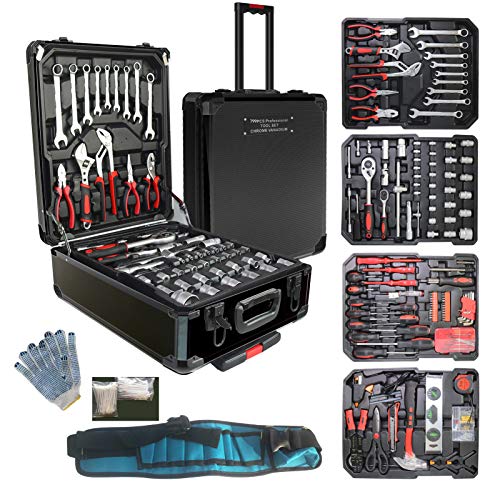GrantRobertson
Well-known member
I am sure this has been discussed at length, spread out over lots of different threads. However, I could not find a thread devoted to this specific topic. So...
Diesel vs. Gas: What are the pros and cons?
My particular situation: I plan to convert a small shuttle bus to an "RV." What will essentially be a larger version of a van retrofit. My build will not weigh nearly as much as many complete RV type conversions. However, I may want to pull a trailer in the future. These shuttle buses come in gas and diesel varieties, all of which have a lot of miles on them. Here are the differences as I see them. Feel free to correct me if I am wrong:
Diesel vs. Gas: What are the pros and cons?
My particular situation: I plan to convert a small shuttle bus to an "RV." What will essentially be a larger version of a van retrofit. My build will not weigh nearly as much as many complete RV type conversions. However, I may want to pull a trailer in the future. These shuttle buses come in gas and diesel varieties, all of which have a lot of miles on them. Here are the differences as I see them. Feel free to correct me if I am wrong:
- Diesel has more torque for pulling heavier loads up hill.
- For the equivalent sized engine, diesel gets better gas mileage. However, if diesel costs too much more than gas, then that difference doesn't save you much or any money.
- Diesel engines last longer.
- However, diesel engines cost more to fix.
- Diesel mechanics are few and far between, possibly leaving one stranded in a diesel mechanic no-man's-land.
- Is it too terribly much harder to learn how to work on a diesel engine? I have always had a pretty easy time working on gas engines. I'm not a massively experienced mechanic but I can read a manual and look stuff up on the internet and then do as well or better than most.
- I'm primarily looking at Ford E-series based shuttles, though I would consider a Chevy or a GMC. Are the parts for Ford E-series diesel engines as easy to find as parts for the gas engines?










































































